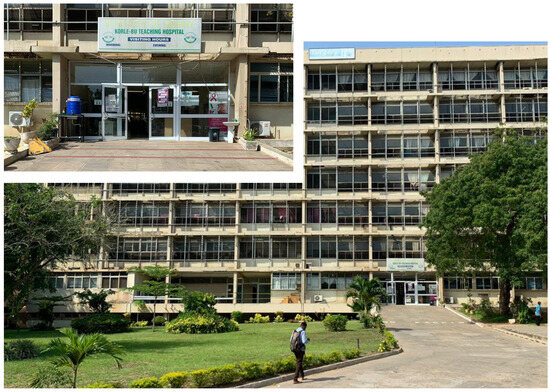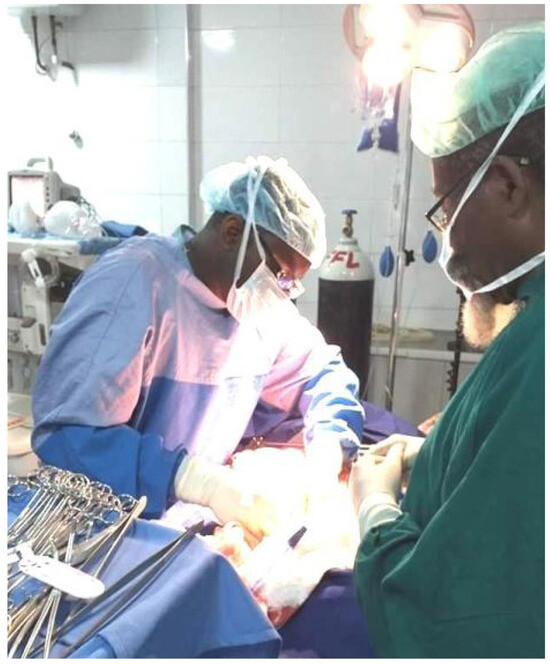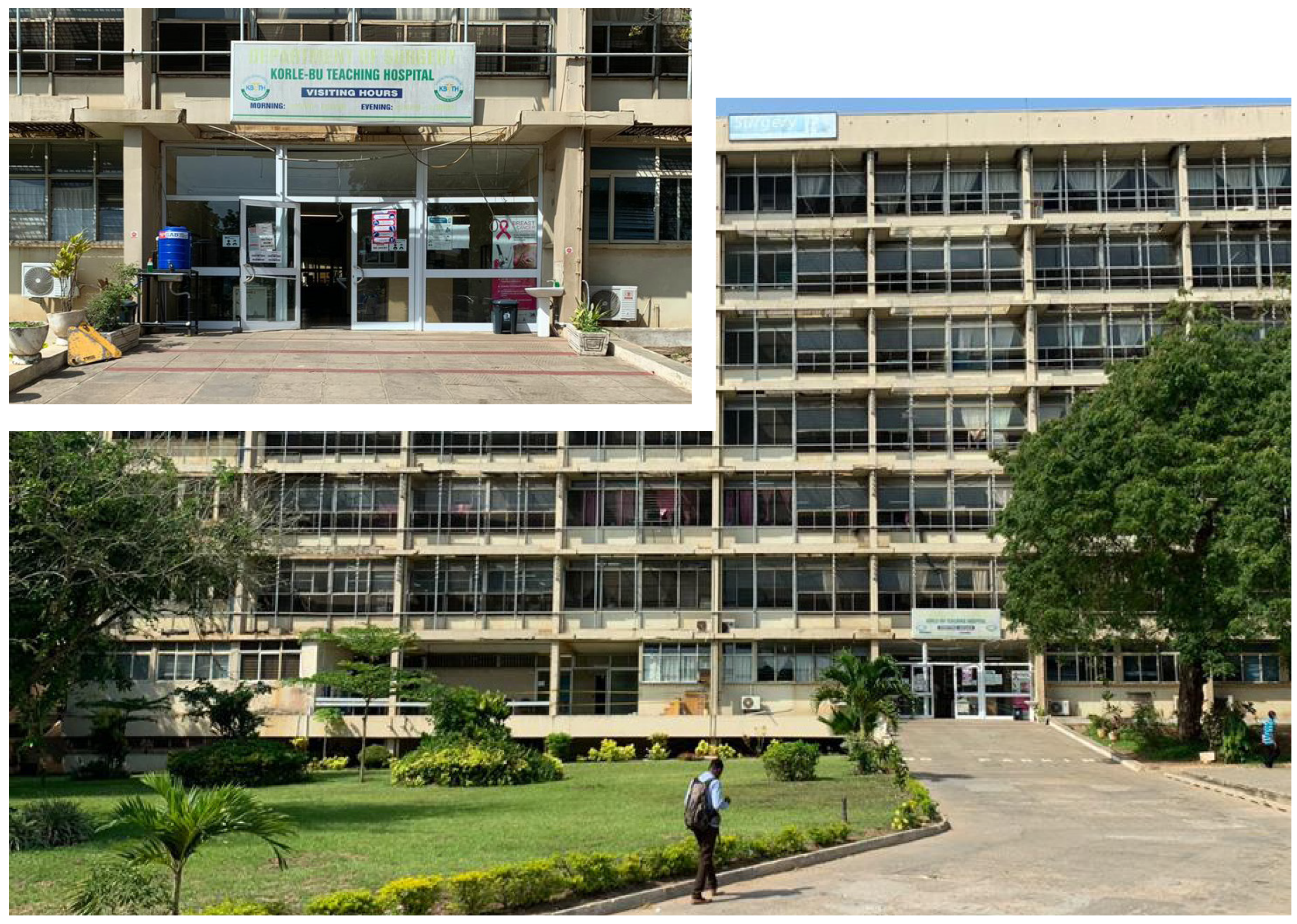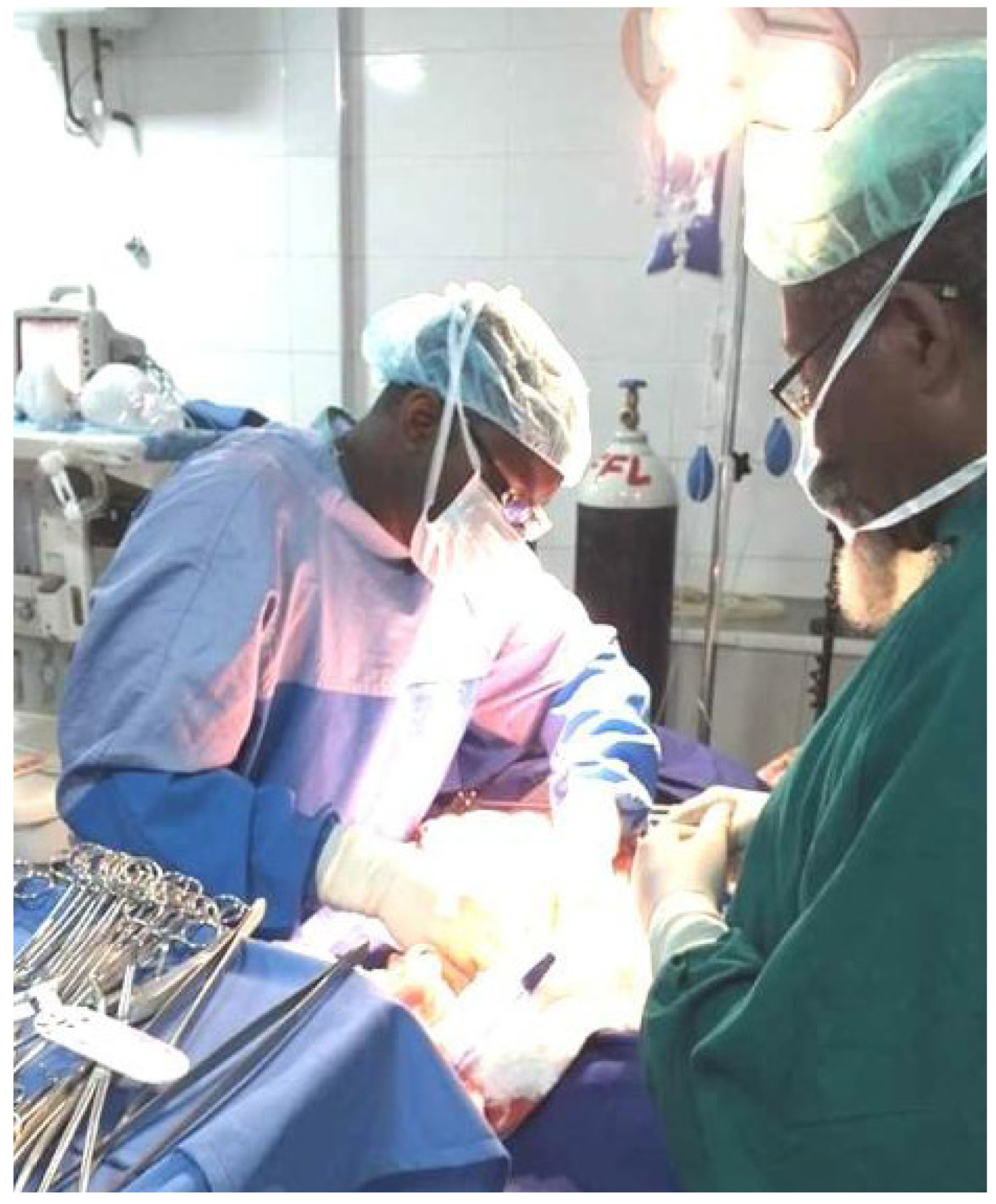Introduction
Surgical training in the West Africa sub-regional countries produces specialist surgeons in most surgical disciplines, including urology, to ensure that people of the sub-region—and sometimes beyond—have access to surgical services. The training is conducted at tertiary health facilities accredited by the national and sub-regional postgraduate colleges. The countries in the sub-region established their national postgraduate colleges in addition to the sub- regional postgraduate college known as the West African College of Surgeons. Surgical trainees are at liberty to select the college of their choice in the course of training.
The training involves a series of surgical clinical rotations of stipulated duration, with some variation between the National and West African Postgraduate College, but with essentially similar course content. Urological training requires a minimum of 5 to 6 years to complete depending on the postgraduate college [1]. During senior residency rotation trainees are encouraged to undertake postings outside their training centre to enhance knowledge and skills acquisition and transfer.
Although this paper is intended to offer insights into the surgical training in West Africa, it should be noted that this is primarily an account of my own 3-month clinical rotation as a trainee from Sokoto, in the North West region of Nigeria, at the Korle Bu Teaching Hospital, Accra, Ghana.
The Training Facility
Korle Bu Teaching Hospital, in Accra, Ghana, was established in 1923 [2]. It is one of the major tertiary health facilities in Ghana and the third biggest referral centre in Africa, with 2000 beds, 21 clinical and diagnostic departments, and 3 Centres of Excellence (the National Cardiothoracic Centre, the National Reconstructive Plastic Surgery and Burns Centre, and the National Centre for Radiotherapy and Nuclear Medicine) [2]. It is a postgraduate training centre in both surgical and medical subspecialties, and strives to become the “preferred centre of excellence and innovation for specialist care provision, training, research and advocacy in Ghana and West Africa” [2].
In addition to training urologists, the genitourinary division of the department of surgery (Figure 1) also provides urological care for the people of Greater Accra region—a population of 4 010 054 people [1]. Patients from other parts of the country—and even from other West Africa sub-regional countries—occasionally receive treatment here because the concentration of a wide spectrum of specialists and the better facilities and equipment allow the provision of advanced care.

Figure 1.
Department of Surgery, Korle Bu Teaching Hospital.
The area’s network of rivers and dams, including the Volta River and the Akosombo Dam, mean that waterborne diseases, including bilharziasis and its chronic sequelae, such as bladder cancer, ureteric strictures, and upper tract stones, are seen in relatively high numbers, as are other common urological diseases such as benign prostatic enlargement and urethral strictures. Therefore, urologist trainees who rotate through this facility are exposed to a myriad of reconstructive, endourologic, laparoscopic, and other procedures. There is a need to introduce robotic urologic services to boost trainees’ exposure and keep the training institution on a par with similar facilities elsewhere in the world. Meeting this challenge—and many others in health care—will require further government, philanthropic, and donor agency support.
Institutional Structure and Clinical Rotation
The trainee urologists are privileged to be taught by all the consultants in the division, many of whom are renowned in the sub-region and internationally. During my time there, whether in the theatre, on the ward, in the clinic, or even in the corridors of the hospital, they seized every opportunity to teach both individuals and groups, and they were always aware of and responsive to the academic needs of their trainees. In my experience, the trainees also freely shared knowledge and experience among their fellows. All of which ensured trainees acquired a wealth of relevant knowledge and skills within a relatively short period, making this an excellent clinical rotation.
Benefits
The theatre sessions included procedures that the trainee urologists were seeing or participating in for the first time. Even when procedures were more familiar, the volume of cases was far greater than we would have encountered at smaller centres. Watching the precision and gentleness of tissue handling by some trainers during reconstructive urological procedures was an added advantage. Trainees also benefitted greatly from attending a 1-day didactic and hands-on course on acute trauma operative management using live animals (Figure 2), as well as a week-long workshop on percutaneous nephrolithotomy.

Figure 2.
During the acute trauma operative management course.
Social Aspect
Even with such a busy schedule, trainees did have time on alternate weekends to tour the city of Accra— in my case, with the aid of a reasonable and reliable commercial taxi driver. Particularly memorable were the outings to 2 historic sites: Black Star Square, also known as Independence Square, and Kwame Nkrumah Memorial Park [4].
Final Word and Recommendations
Ideally, the West Africa health community and specialist training colleges should identify facilities of excellence that can be incorporated in the training rotations to achieve skilled specialists and clinicians to serve the West Africa sub-region. Support from governmental, non-governmental, and donor agencies will be needed to support these facilities as they work towards the further development of urological specialists in the sub-region.
Acknowledgments
I wish to thank Moyijo Maishanu for his useful contribution to this work. I am also most grateful to my trainers, especially Professor Ismail Arzika Mungadi, Professor Jacob Ndas Legbo, Abdullahi Abdulwahab-Ahmed, Abubakar Umar, and the entire management team of Usmanu Danfodiyo Teaching Hospital, Sokoto, Nigeria, for their unflinching support of my training. I sincerely appreciate the urology team at the Korle Bu Teaching Hospital, with special mention of James Edward Mensah, Head of the Genitourinary Division, George Klufio, Samuel Gepi-Attee, and Mathew Y. Kyei.
References
- Shehu, B.B.; Faculty of Surgery Training Programmes and Curricula. West African College of Surgeons: 64. Available online: http://www.wacscoac.org/downloads/SURGERY%20CURRICULUM (accessed on 24 October 2020).
- Korle Bu Teaching Hospital: A Brief History. Available online: https://kbth.gov.gh/ brief-history (accessed on 6 December 2020).
- PHC National Analytical Report 2010. Available online: https://statsghana.gov.gh/gssmain/fileUpload/pressrelease (accessed on 6 December 2020).
- Visit Ghana Tourism Authority. Available online: https://visitghana.com/attractions/ (accessed on 17 December 2020).
This is an open access article under the terms of a license that permits non-commercial use, provided the original work is properly cited. © 2021 The Authors. Société Internationale d'Urologie Journal, published by the Société Internationale d'Urologie, Canada.


